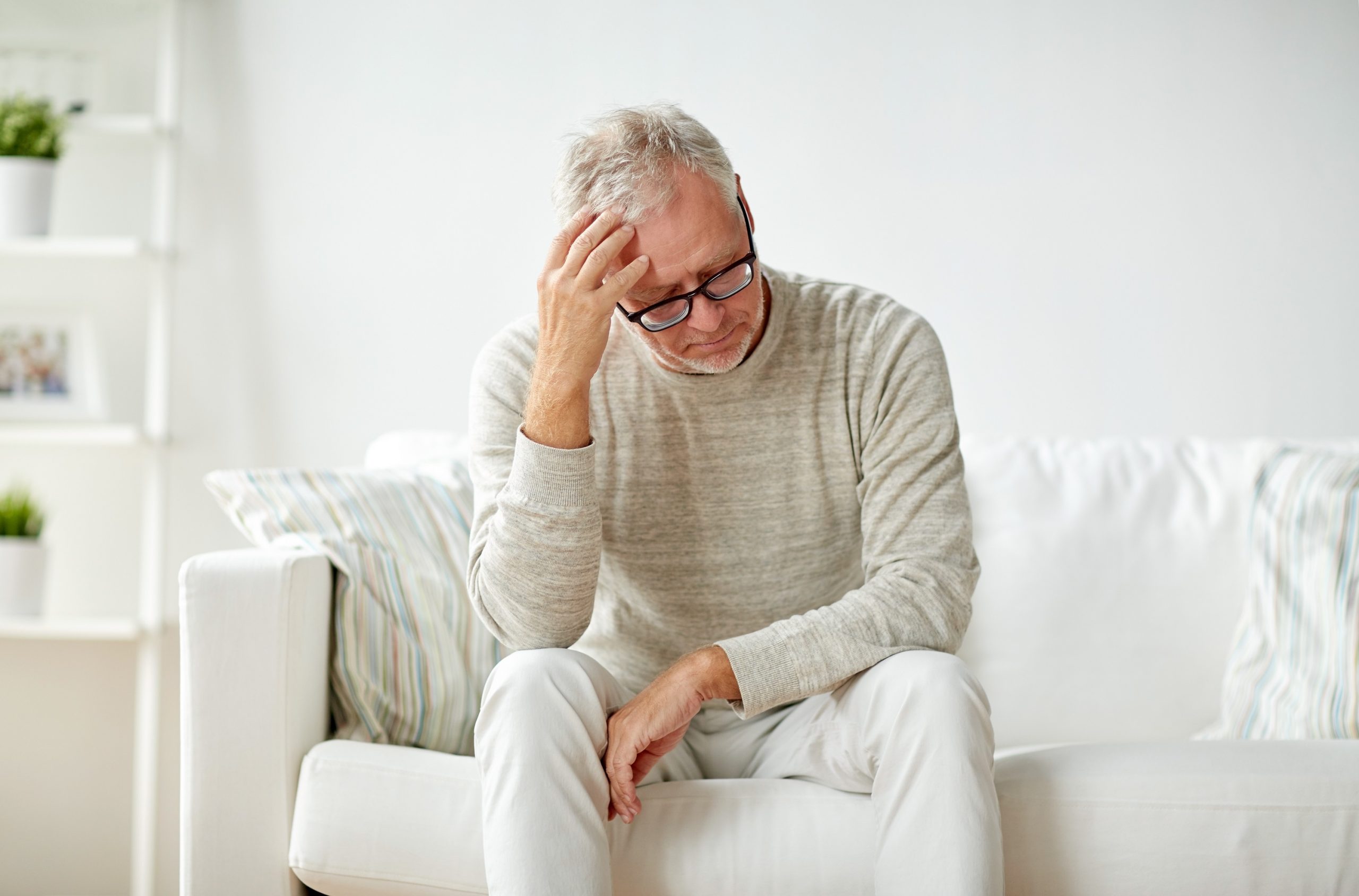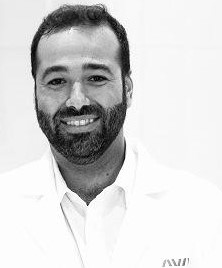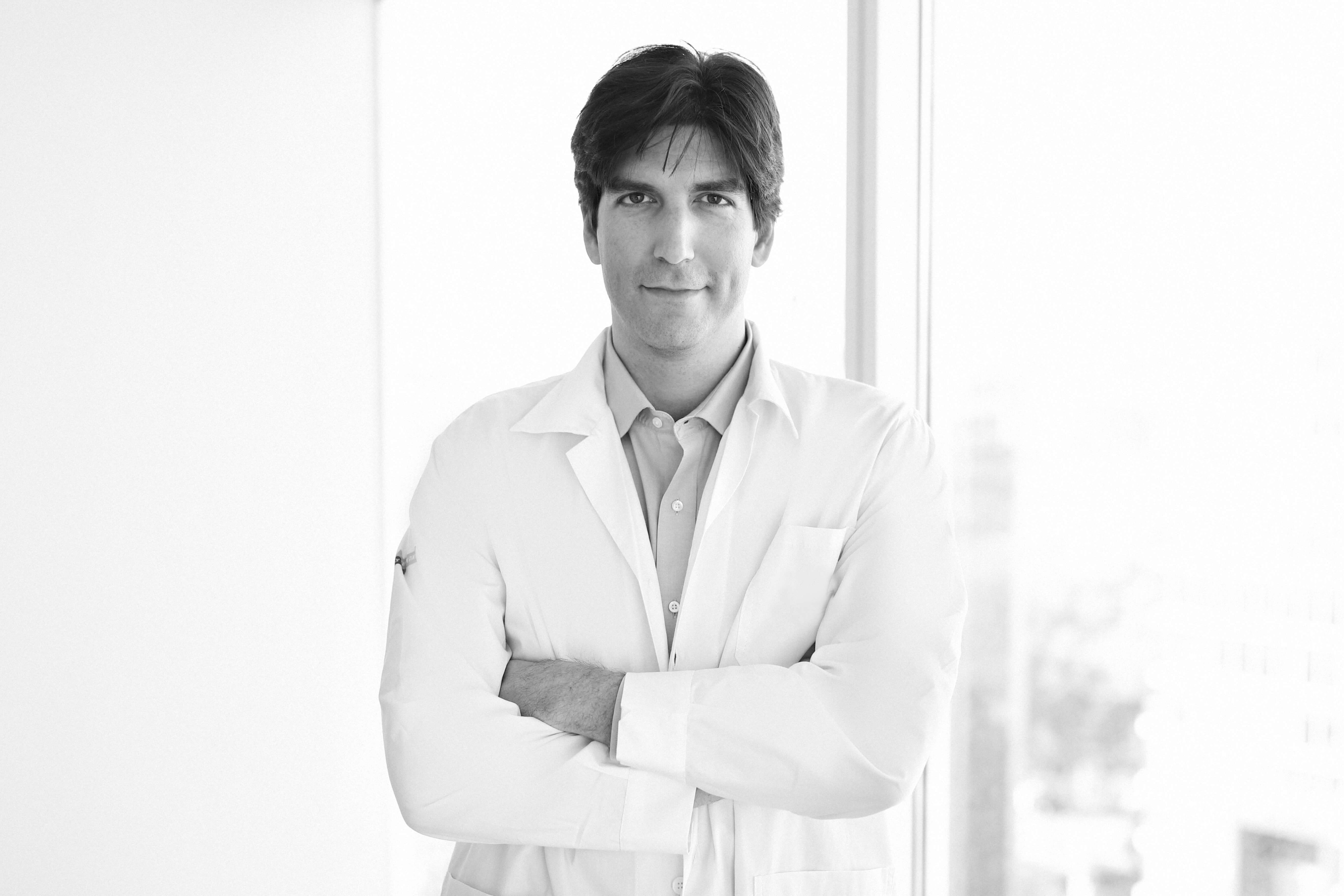
Managing Post-Concussion Syndrome: Advanced PCS Treatments with Aviv Clinics


So you had a concussion. Weeks have passed, yet you’re still not feeling quite right. Headaches have become chronic, you feel more tired than usual, and conversations are harder to follow. These lingering issues may be signs of post-concussion syndrome (PCS)—a condition that requires the right care to fully heal. Fortunately, effective post-concussion syndrome treatment options are available, even if your symptoms have lasted for months or years.
You’re not alone if you’re feeling lingering symptoms of your concussion. A concussion isn’t just a light knock to the head; it’s a mild traumatic brain injury. While the brain usually amazes us with its healing capabilities, there are times when our brains need a bit more time and treatment to fully heal.
Post-concussion syndrome (PCS) is a common complication during concussion recovery. Most individuals with PCS can recover, even years after their head injury, but finding a comprehensive treatment plan can be challenging. Fortunately, new research reveals a treatment that may get you on the right path.
Learn what effective post-concussion syndrome treatment entails and how the Aviv Medical Program can help.
What Is Post-Concussion Syndrome and How Does It Impact Recovery?
Post-concussion syndrome (PCS) is a condition where concussion symptoms last longer than normal. PCS occurs from traumatic brain injury (TBI)—a blow or jolt to the head from accidents such as falls, car accidents, and sports injuries. Mild to severe cases of TBI can lead to PCS.
Symptoms of PCS include a variety of physical, cognitive, emotional, and sleep indicators, such as:
-
- Headaches that won’t go away
- Feeling more exhausted than usual
- Having trouble concentrating and remembering
- Having difficulty falling or staying asleep
Diagnosing Post-Concussion Syndrome: Key Steps in PCS Assessment?
Post-concussion syndrome symptoms and severity can vary daily, making it difficult to diagnose or treat. If you feel anything is off, we recommend reaching out to a physician at Aviv Clinics.
To diagnose PCS, your doctor will carry out a series of exams that may entail:
- Discussing your health and concussion history
- Conducting a physical examination
- Advanced MRI that maps out specific parts of your brain
- SPECT scan that points out negatively affected brain areas
- Neurocognitive testing that examines your motor skills, verbal communication, and memory.
- Neurological exams that may involve using lights and reflex hammers to assess your nervous system
Post-Concussion Syndrome Treatment: Effective PCS Therapy Options
We understand that obtaining a PCS diagnosis can be stressful. Fortunately, there are treatment options available. These options may be combined to maximize your opportunities for recovery.
- Cognitive behavioral therapy (CBT): CBT is a psychological treatment that aims to change your thinking and behavioral patterns. Studies report that PCS patients (who have had mild/moderate TBI) experience improvements from their CBT program. Additional studies show that a combination of CBT and SSRIs has the potential to improve symptoms in PCS patients. SSRIs (selective serotonin reuptake inhibitors) are a class of medications often prescribed to treat depression.
- Cognitive rehabilitation therapy (CRT): CRT encompasses a group of therapies that strive to restore cognitive (attention, memory, speech, etc.) balance after a brain injury. CRT includes therapies such as neurofeedback and attention processing training (APT). Research indicates CRT can teach patients long-term skills that help restore their cognitive abilities.
- Hyperbaric Oxygen Therapy (HBOT) for Post-Concussion Syndrome: HBOT is a non-invasive medical therapy that increases oxygen levels in the body. Patients breathe in 100% pure oxygen in a pressurized chamber, allowing 10–15 times more oxygen to be absorbed into the blood and tissues. Clinical studies illustrate that HBOT may encourage the brain to change and adapt in a way that improves PCS even years after sustaining the TBI. Other research reports that patients suffering from PCS symptoms showed better thinking/cognitive performance after HBOT.
According to Dr. Mohammed Elamir, MD, FACP of Aviv Clinics, “HBOT can be successful because it addresses the cause of the symptoms, not just the symptoms alone. In combination with cognitive, physical, and nutritional coaching, some HBOT protocols can be very effective.”
Personalized Post-Concussion Syndrome Treatment at Aviv Clinics
Many people go to one or more doctors before receiving a diagnosis of post-concussion syndrome. Due to the complexity of treating PCS, far too many patients receive minimally effective treatments. The results? Short-term results that don’t treat the underlying damage to brain tissue.
With the Aviv Medical Program, our team of diverse medical professionals (physicians and neurocognitive, physical, and nutritional specialists) can conduct advanced testing to identify the source of your symptoms and craft a customized, long-term treatment plan.
- The Aviv Medical Program is personalized for each individual client. Throughout the program, our clinical team tracks data on your health and offers individualized solutions to elevate your quality of life.
- Depending on your health history, symptoms, and recovery goal, your program may include a combination of cognitive and physical training, dietary coaching, and a specialized HBOT protocol. Clinical trials show that this particular advanced HBOT protocol yields multiple positive shifts in the brain, such as new blood vessel formation and stem cell production.
Real-Life PCS Treatment Success Stories at Aviv Clinics
Here are two PCS patients who have leveraged Aviv’s comprehensive treatment program. Both received access to our multidisciplinary team of healthcare specialists and in-depth assessments:
- Linden Perry: At just 15 years old, Linden, an honor student suffered concussions from playing basketball and soccer. Her lingering PCS symptoms left her with balance issues, nausea, headaches, and blurred vision. She was unable to maintain her grades or return to athletics. Upon her customized treatment plan at Aviv, Linden got back to where she was, both academically and athletically.
- Clarissa Rainey: This horseback riding rodeo champion suffered a concussion in a car accident, and suspects she may have had multiple others while competing. Clarissa experienced memory issues, which made her job challenging and frustrating. After her state-of-the-art treatment at Aviv, she reports that she is much more focused, has clearer thinking, sleeps better, and can once again ride horses and engage in work and other daily activities.
Timing Matters: Why Early Post-Concussion Syndrome Treatment Improves Outcomes
The longer you wait to heal PCS, the more likely your symptoms will become permanent. Aviv’s Dr. Mohammed Elamir, MD, FACP, further explains: “Damaged or injured tissues due to PCS carries a limited window for full recovery.” However, the Aviv Medical Program can treat even decades-old concussions. Published clinical research into the Aviv HBOT protocol reveals that improvements are still possible even years after head trauma.
For optimal results, the time to take action is now. If you have undergone an accident and have not been feeling the same, trust your instinct and take back control of your health by seeking PCS treatment.
Learn More about the Aviv Medical Program for PCS Treatment
Living with post-concussion syndrome can feel overwhelming, but you don’t have to manage it alone. The Aviv Medical Program offers advanced post-concussion syndrome treatment designed to target the root causes of your symptoms. Backed by nearly two decades of clinical research, our personalized approach can combine interventions like a unique protocol of hyperbaric oxygen therapy (HBOT), cognitive exercises, physical training, and nutritional coaching to help you regain your quality of life.
If lingering concussion symptoms are holding you back, now is the time to take action. Contact Aviv Clinics today to schedule your consultation and discover how our team can help you move forward with clarity, energy, and renewed confidence.
Last Update: September 18, 2025
Aviv Medical Program provides you with a unique opportunity to invest in your health while you age


